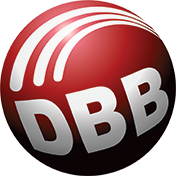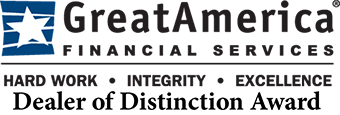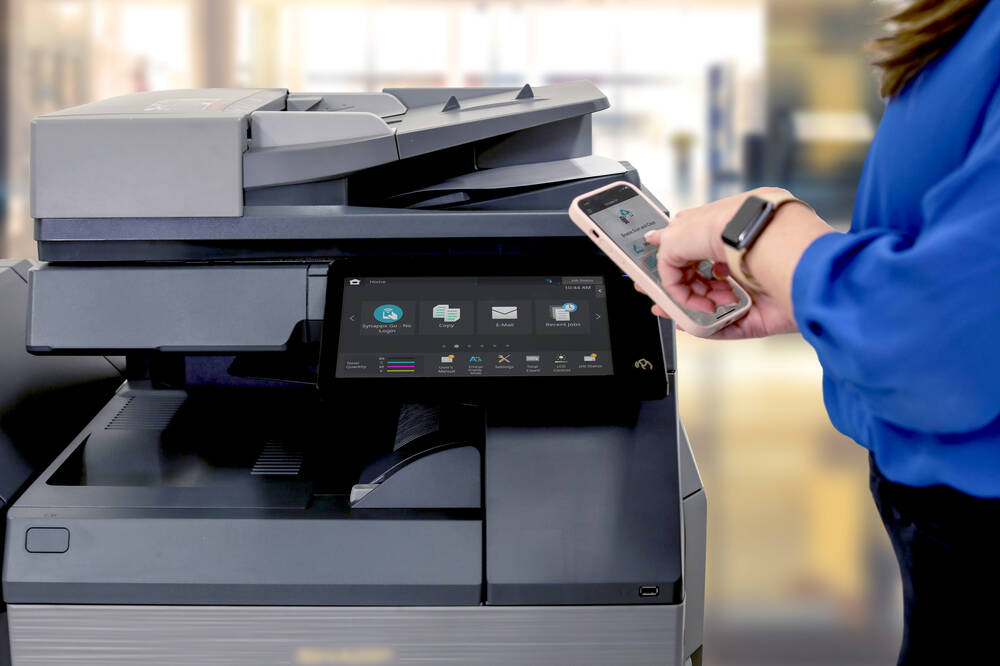Every invention, breakthrough, and innovation is owed to research.
Critical Insights: Document Management for Research Institutions
Topics: Document Management, secure documents, digital transformation
The Future of Libraries: Document Management in the Digital Age
Topics: Document Management, secure documents, digital transformation
Advantages of Document Management Systems in Finance
Topics: Managed Print Services, Document Management, digital documents, print technology
How Document Management Streamlines Case Handling
For the complex process of legal case handling, document management is a huge help.
Topics: Document Management, digital documents, legal
Classroom Management Reimagined: Modern Document Management in Education
The traditional role of the teacher in the classroom is changing, as technology and the digital age are revolutionizing the way students learn. This shift requires educators to rethink how they manage their class documents, including assignments, tests, and other vital school materials.
Topics: Document Management, digital documents, security, education
Securing Patient Data: The Evolution of Document Management in Healthcare
Securing patient data is an increasingly important issue in the healthcare sector as organizations strive to protect sensitive information and comply with regulatory standards. The evolving nature of document management systems has enabled them to become indispensable tools for maintaining accuracy and security in the medical world.
Topics: Document Management, secure documents, digital documents, healthcare
Managing Complex Projects: The Role of Document Management Systems in Engineering
In the fast-paced world of engineering, managing complex projects is no easy feat. From coordinating teams to tracking progress, every detail matters when it comes to successful project execution. However, amidst the flurry of information and deadlines, one critical aspect often gets overlooked: document management.
Topics: Document Management, secure documents, engineering
Improving Office Efficiency: Document Management Solutions for Dentist Offices
In an era where technology is paramount, dentist offices are no exception to the digital revolution. Beyond the exciting advances in dental and orthodontic technologies, business technologies are also transforming dental offices.
Topics: Document Management, MPS, secure documents, digital documents
Document Scanning and Conversion: How to Digitize Paper Workflows
One of the reasons companies implement document management systems is so they can digitize their workflows.
Topics: Document Management, secure documents, digital documents
Have you ever wondered why copiers are now commonly referred to as MFPs or MFDs? MFP stands for "multifunction printer," MFD stands for "multifunctional device" and are terms that have become increasingly popular in recent years. In this blog post, we'll explore the reasons behind this shift in terminology and what it means for the world of office technology.
First, let's take a step back and look at the history of copiers. The first copiers were invented in the early 1900s and were primarily used for making copies of documents. Over time, copiers became more advanced and were able to perform additional functions, such as scanning and faxing. However, these functions were often performed by separate machines, which could be cumbersome and expensive.
In the 1990s, a new type of machine emerged that combined the functions of a copier, scanner, and fax machine into a single device. These machines were called "multifunction printers" or MFPs for short. The term "printer" was added to the name because these machines are also capable of printing documents, making them even more versatile.
So why the shift from "copier" to "MFP"or even "MFD"? One reason is that the term "copier" no longer accurately describes what these machines are capable of. While they still make copies of documents, they can also perform a wide range of other functions, such as scanning, faxing, and printing. The term "MFP" or "MFD" reflects this versatility and better describes what these machines can do.
Another reason for the shift in terminology is that the lines between different types of office technology have become increasingly blurred. In the past, copiers, printers, scanners, and fax machines were all separate devices. However, with the rise of MFPs, these functions are now often combined into a single machine. As a result, it made more sense to refer to these machines as "multifunction printers" rather than by their individual functions. Now, we are seeing an increase in digital document workflow, processes and management. This has caused a shift from the primary function being a printer to the primary function being a scanner, which is why the term MFD or Multifunctional Device is becoming more popular.
In conclusion, the shift from "copier" to "MFP" to "MFD" reflects the increasing versatility of office technology and the blurring of lines between different types of machines. While the term "copier" may still be used in some contexts, "MFP" has become the preferred term for describing a "printing device" and "MFD" for more versatile and multifunctional devices. So the next time you're in the market for a new office machine, remember to look for an MFP or an MFD that can handle all your document needs in one convenient package.
Topics: Document Management, #MoreThanCopiers, #ManagedPrintServices, digital documents, print management, print technology











